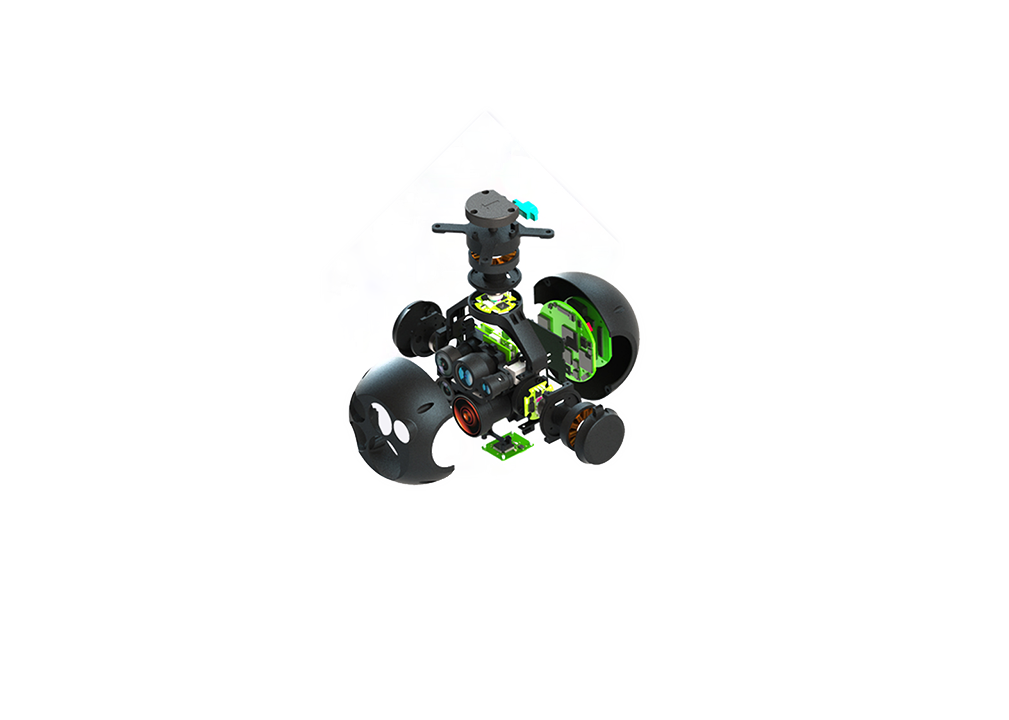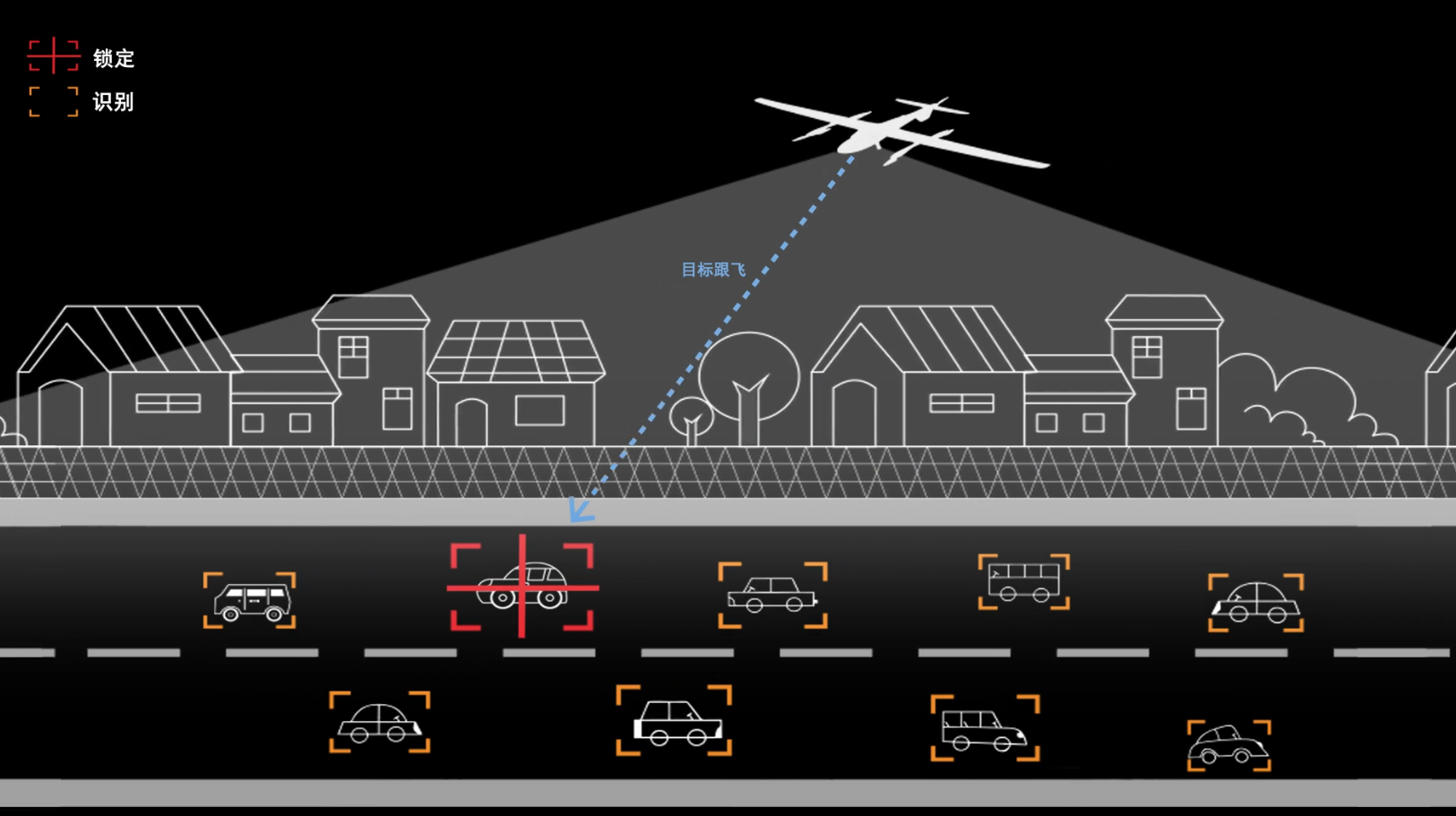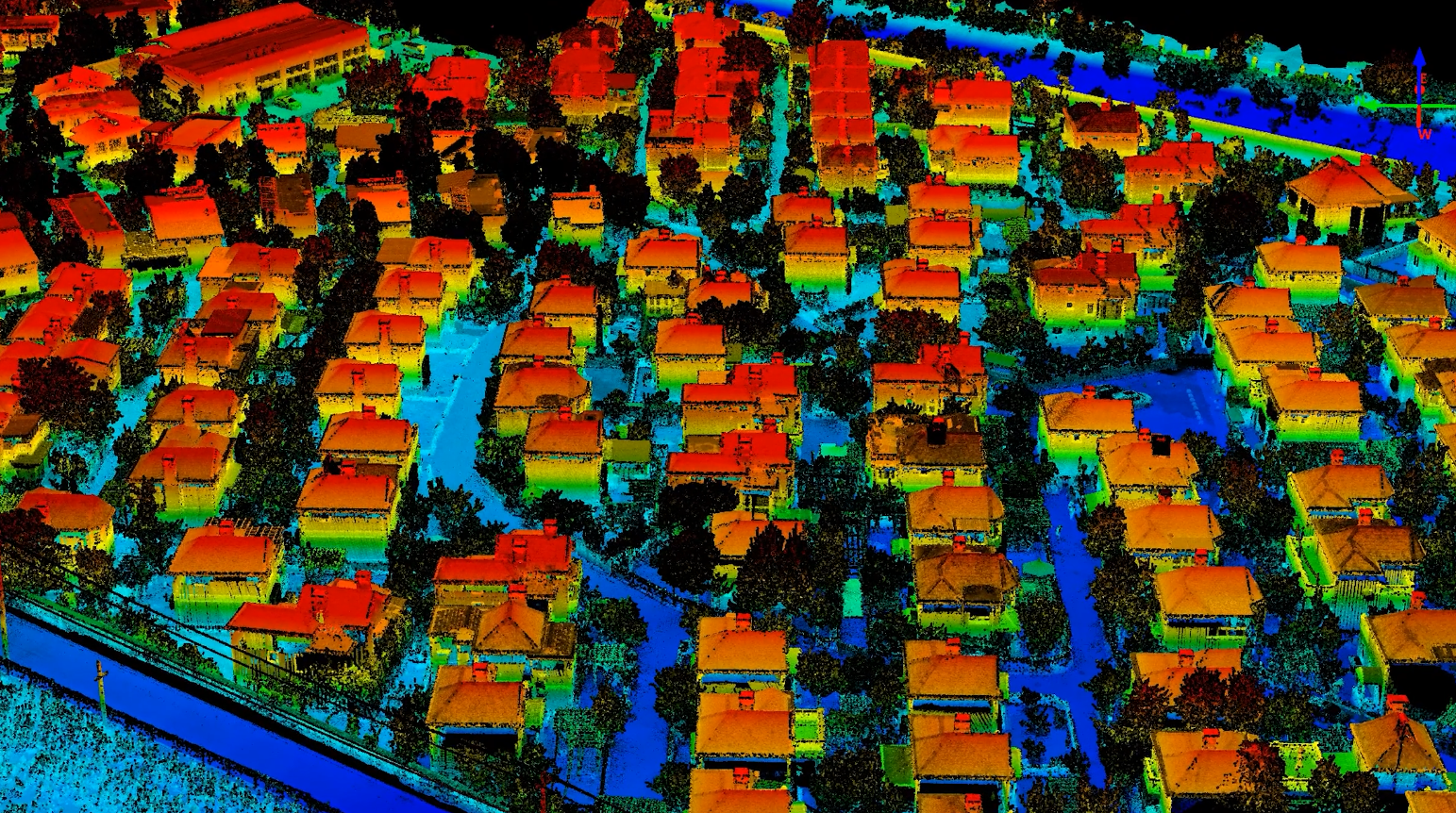
Photoelectric pod for UAV
2023-03-24 17:00With the wide application of UAVs in military and civil fields, UAVs onboard photoelectric pod has gradually become one of the important supporting equipment of uAVs. The photoelectric pod can provide the UAV with real-time surveillance, reconnaissance, target recognition and other functions. This paper introduces the design and implementation of photoelectric pod on UAV.

1. Composition of photoelectric pod
Photoelectric pod usually consists of camera, infrared thermal imager, laser rangefinder and other components. Camera and infrared thermal imager can realize the acquisition of images in different spectral ranges, so as to realize the target monitoring, recognition, tracking and other tasks. Laser rangefinder can be used to accurately locate the target position, distance and other parameters.
2. Design requirements of photoelectric pod
1. Light and compact: Due to the limited load capacity of UAV, the weight and volume of photoelectric pod must be controlled within a reasonable range. At the same time, in order to ensure the flight stability of the UAV, the photoelectric pod must ensure a reasonable center of gravity position and aerodynamic design.
2. Shockproof and anti-interference: the photoelectric pod needs to face the complex air environment and dynamic load, and these environments will interfere with the performance of the photoelectric pod. Therefore, the photoelectric pod must have the ability of shock-proof and anti-interference to ensure the stable operation of the photoelectric sensor.
3. Graded zoom: Graded zoom is one of the important functions of the photoelectric pod. The hierarchical zoom can improve the monitoring, detection and identification ability of the photoelectric pod, and realize the monitoring and identification of various targets.
4. Photoelectric pod control system: The photoelectric pod control system is a key part of the whole photoelectric pod, which can realize the tasks of attitude stability, Angle control, aiming and image acquisition of the photoelectric pod. Therefore, the photoelectric pod control system needs to have the characteristics of high precision, high speed, reliability and stability.
Three, the realization of photoelectric pod

1. Shockproof design
In view of the complex air environment and dynamic load of the photoelectric pod, mechanical shock absorption measures and electronic anti-vibration measures are usually adopted. Mechanical damping measures mainly include damping suspension, damping vibration absorption device, etc. Electronic anti-shaking measures mainly include software image stabilization technology, digital signal processing technology, etc.
2. Attitude control
The attitude control of the photoelectric pod is the key technology to realize the optical axis pointing to the object. At present, the common attitude control techniques in the photoelectric pod mainly include observation direction control and image stabilization control.
3. Optical design
The optical design involves the optical structure of the photoelectric pod and the selection and optimization of photoelectric sensor. The optical design of the photoelectric pod is the core of the whole system and also the key to affect the imaging quality and performance of the photoelectric pod.
4. Control algorithm

The control algorithm of photoelectric pod is divided into two types: open loop control and closed loop control. Open-loop control is a control method based on flight attitude prediction of UAV. Its implementation method is relatively simple, but because it does not consider the actual situation of the body attitude, it cannot meet the requirements of high precision control. Closed-loop control is a feedback control algorithm. It accurately controls the attitude of the photoelectric pod and UAV through the feedback of the body Angle information from the sensor, so as to achieve high precision control.
To sum up, the UAV-borne photoelectric pod is an important supporting equipment for uAVs, and its design and implementation need to consider various requirements and factors. In the future, with the further development of technology, UAV-borne photoelectric pods will play an increasingly important role.
